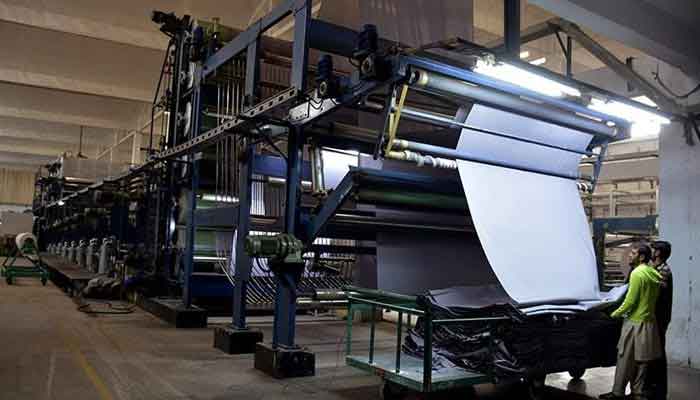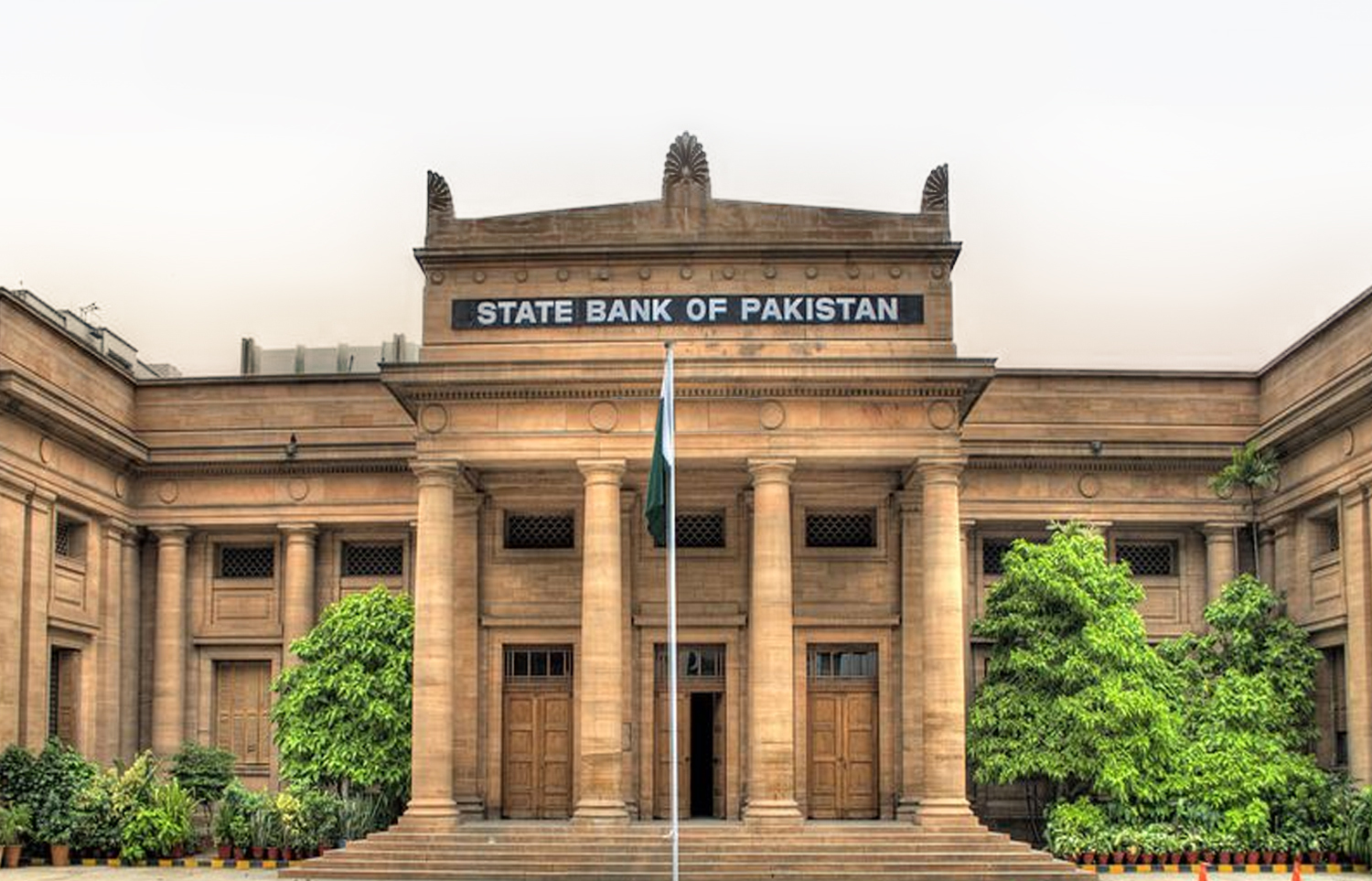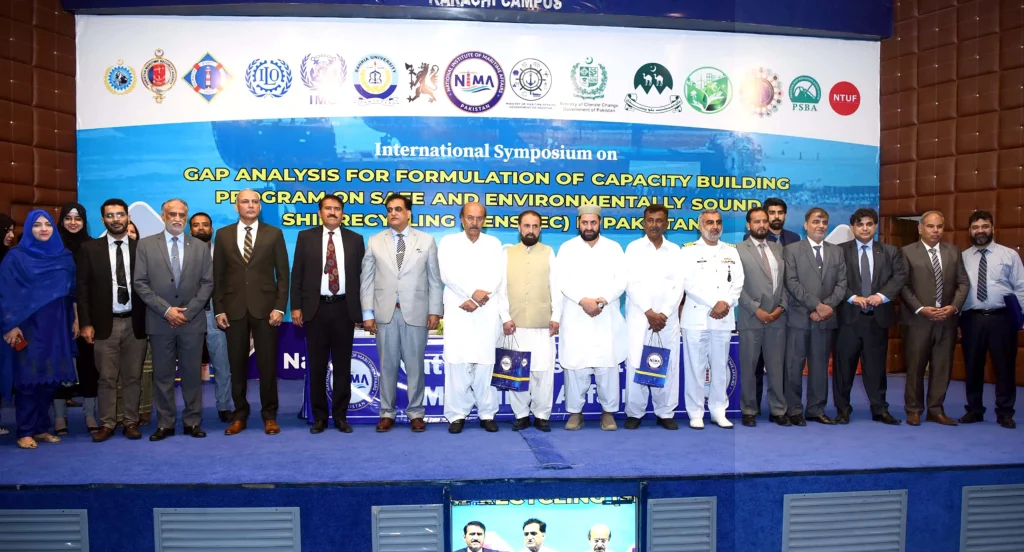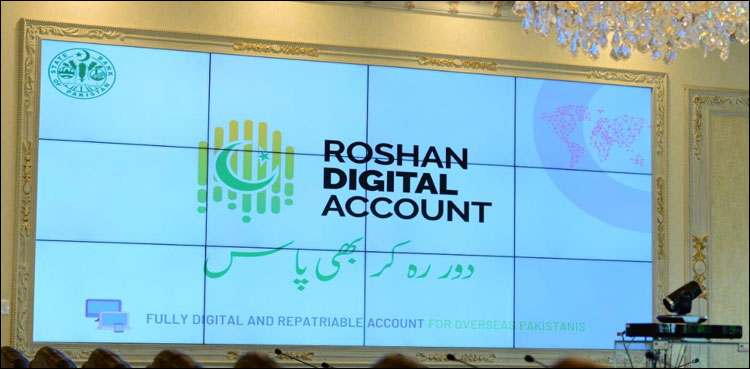Business
Pakistan’s textile exports see massive decline of 28% in Feb
-
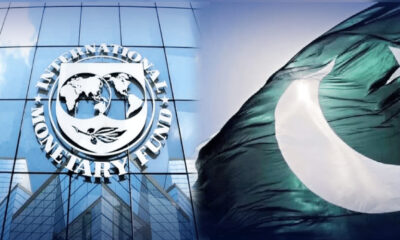
 Business2 days ago
Business2 days agoThe IMF executive board will meet on April 29 to discuss the release of $1.1 billion to Pakistan, according to the report.
-
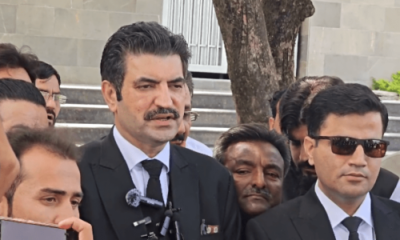
 Latest News2 days ago
Latest News2 days agoIHC prevents Sher Afzal Marwat of the PTI from being arrested by Punjab police
-

 Latest News1 day ago
Latest News1 day agoThe PML-N Punjab chapter convenes today to discuss organizational issues.
-

 Latest News2 days ago
Latest News2 days agoMadhubala, the elephant, will be moved to Safari Park starting next month.
-
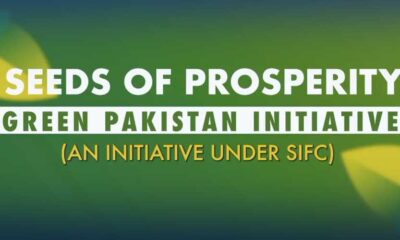
 Latest News2 days ago
Latest News2 days agoLeading the Green Pakistan Initiative in Malam Jabba is the Pakistan Army.
-

 Business2 days ago
Business2 days agoExchange achieves all-time high: KSE-100 index surpasses 72,500 points
-

 Business2 days ago
Business2 days agoThe investment plan for K-Electric will be audited every three months.
-

 Latest News1 day ago
Latest News1 day agoIn Punjab, the PDMA issued an alert for rain and snowfall.

